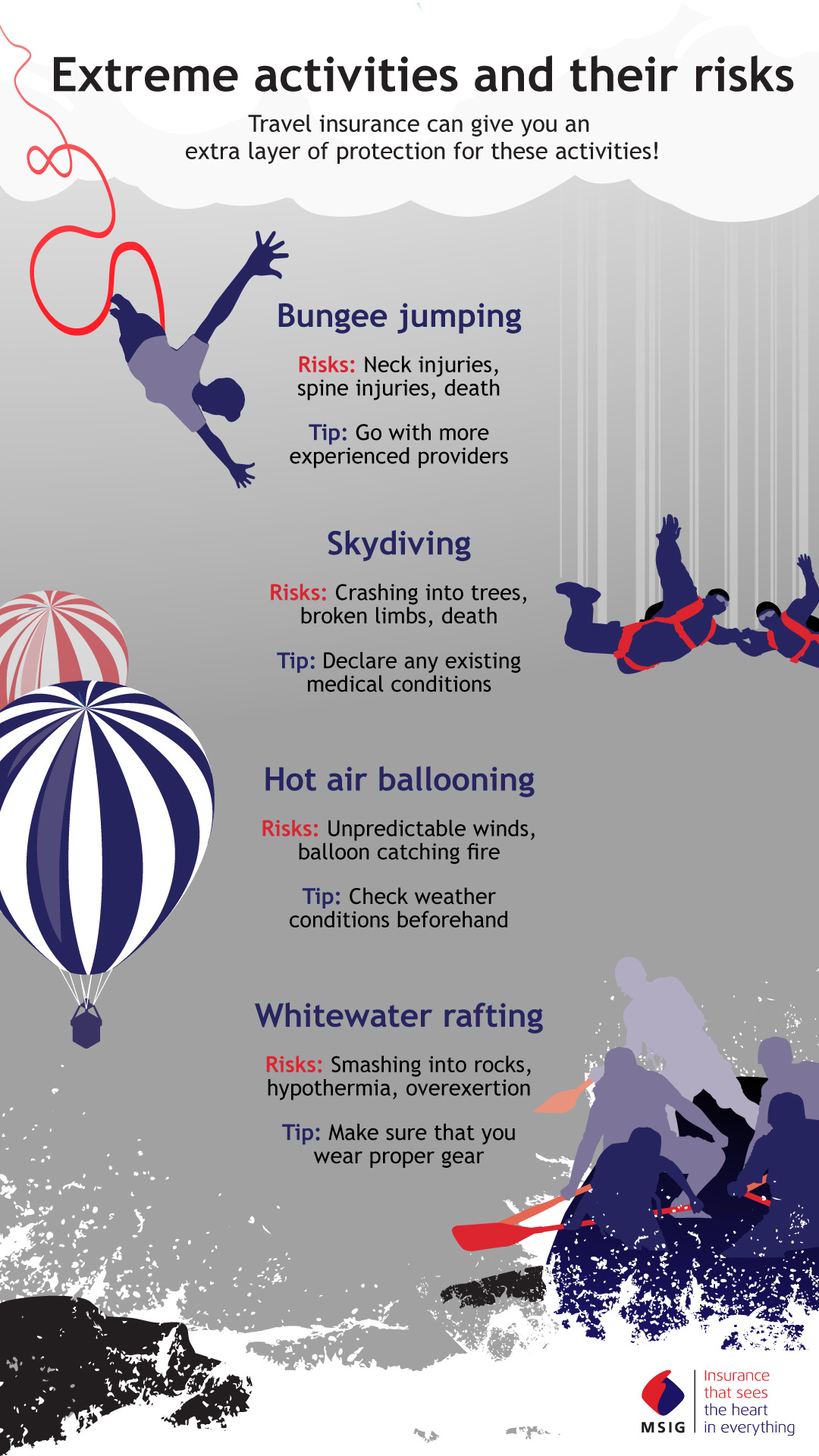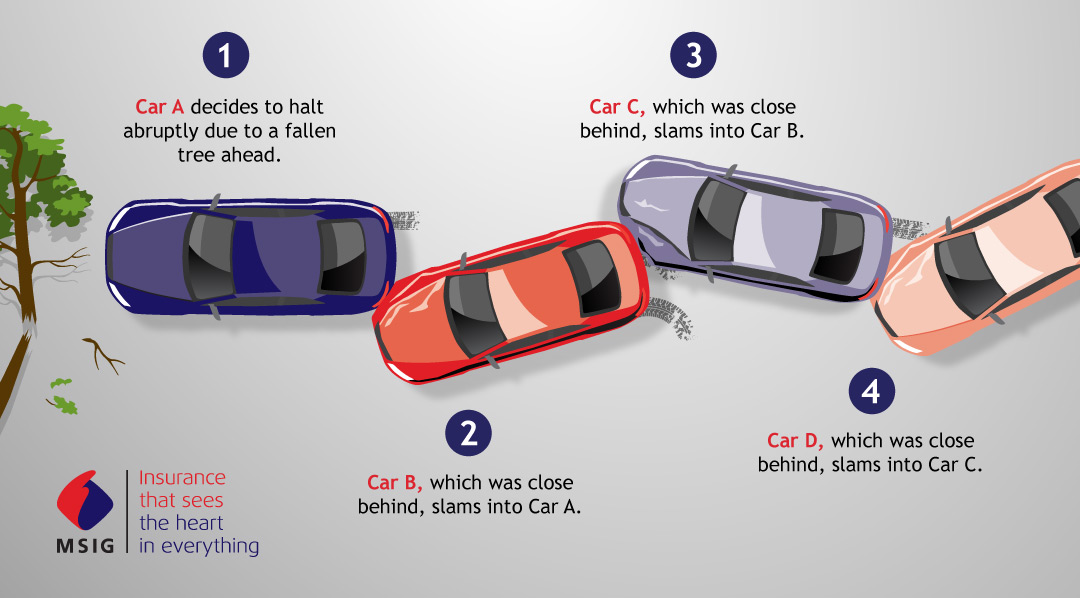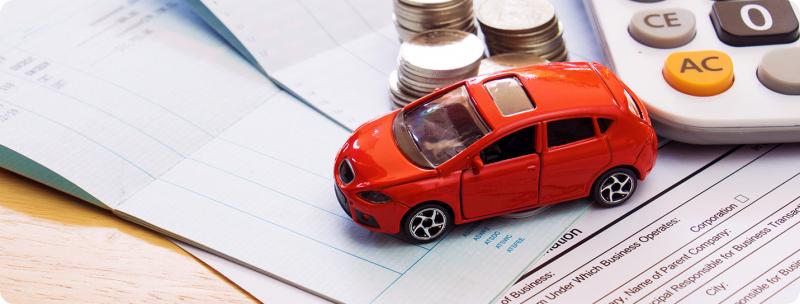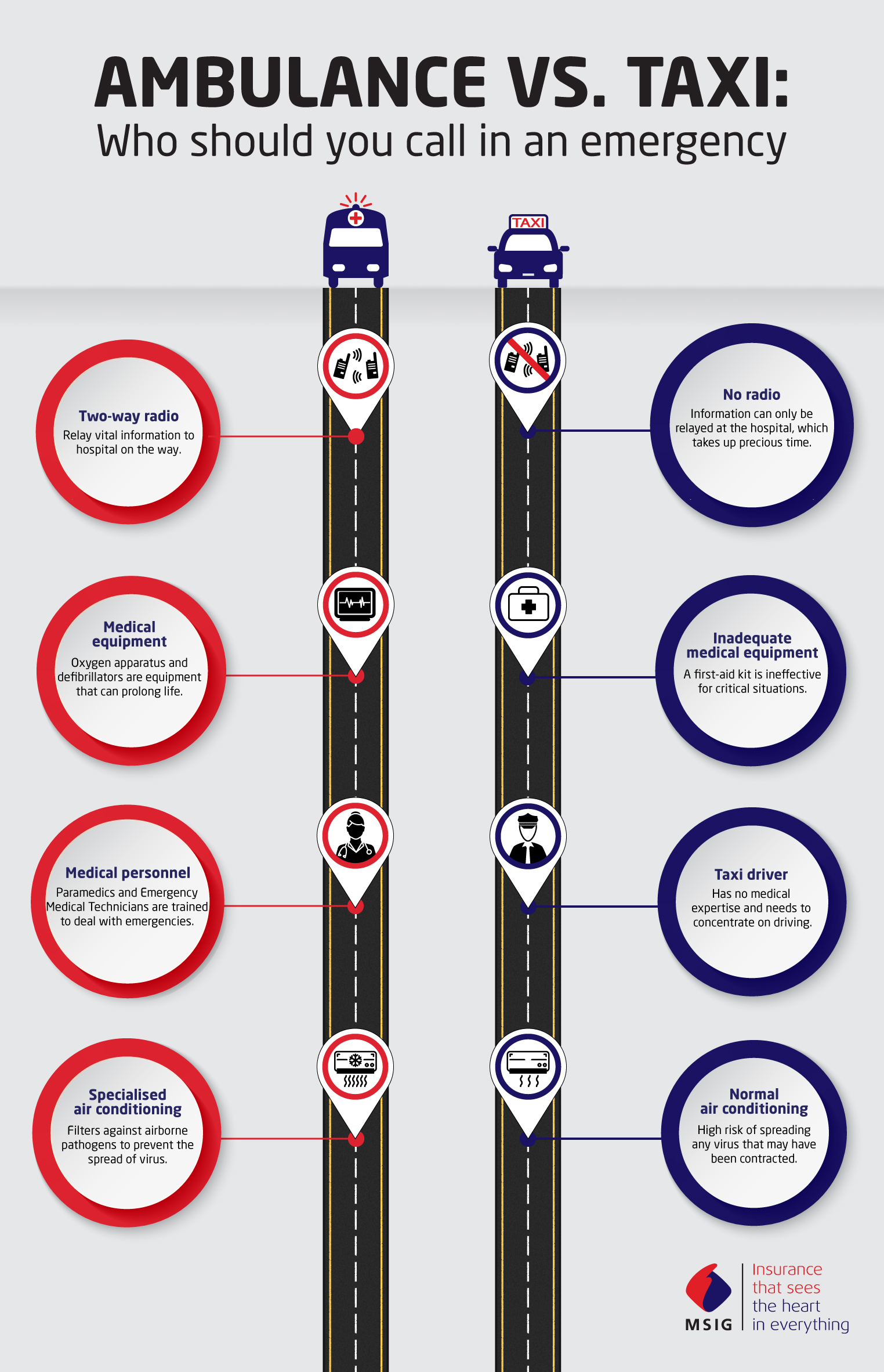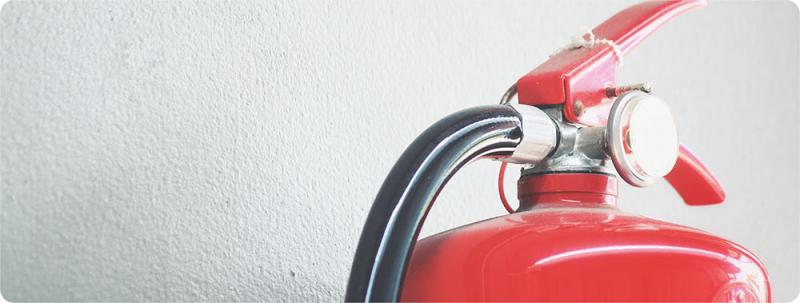Fad diets: Are they good or bad?
Image

If you’re on a mission to lose weight, going on a health diet can sound like an enticing solution. That is why recent health trends such as juice cleansing and keto diet are gaining in popularity. But did you know that these fad diets could potentially lead to the worsening of pre-existing conditions? This could eventually result in further implications when it comes to your health insurance. Read on to find out more.
Juice cleansing
A juice cleanse is a diet where people stop eating solid food and depend on vegetable and fruit juice for a period of time. This can last from a few days up to a week or more. Many of these cold-pressed juices can be bought in cafes or health stores.
While there is no doubt that fruit and vegetable juices contain high amounts of nutrients, too much of something is seldom good. For example, it takes many oranges to prepare a glass of orange juice—which makes it likely to contain more sugar than a can of Coke. This can potentially lead to overconsumption and an excess of sugar in your diet. Too much sugar can result in Type 2 diabetes or even worsen existing heart problems. If you haven’t declared your heart problems when signing up for health insurance, it is highly likely that you would be unable to claim for any associated medical treatment.
“A lot of juice cleanses are loaded with sugar because there’s too much fruit in the juices — it’s extremely unhealthy.” —Dr. Frank Lipman, a leader in functional and integrative medicine and a New York Times best-selling author
Source: https://nypost.com/2018/01/09/why-no-one-does-juice-cleanses-anymore/
Perhaps, simply adding a variety of fruits and vegetables into your existing diet or consuming them in moderation could prove to be more helpful in the long run than going on a juice cleanse.
Keto diet
Sounds fancy? A keto diet is basically an extremely low or no carbohydrates diet. That means no food such as bread, rice, or pasta. Instead, the body depends on a high-fat diet that includes food such meat, fish, eggs, and high-fat dairy for energy.
For severely overweight people, going on a keto diet can be an effective solution. However, slashing your carbs intake overnight can drastically lead to a constant state of hunger. As a result, you may overconsume other food sources to satiate your hunger, making it harder to lose weight. Replacing your carbs with a high-fat diet can also lead to an increased risk of high cholesterol and heart disease for those at risk.
“[A keto diet] can do more harm than good. It can damage the heart, which is also a muscle.” —Francine Blinten, R.D., a certified clinical nutritionist and public health consultant
Source: https://www.healthline.com/health-news/keto-diet-is-gaining-popularity-but-is-it-safe-121914#5
You should also note that much of your initial weight loss is water. That is because your kidney flushes out more water when carbs are reduced, which can lead to low levels of hydration that are detrimental for people with underlying kidney issues. Much like juice cleansing, if you have these prior health conditions, the chances of claiming from any health insurance plans are low.
As such, as effective as a keto diet could be for short-term weight loss, it is important to consult your doctor and understand the state of your body fully before going on any fad diets.
When it comes to health issues, don’t leave anything to chance. If you have any queries regarding health insurance, find out more here or reach out to us here.



